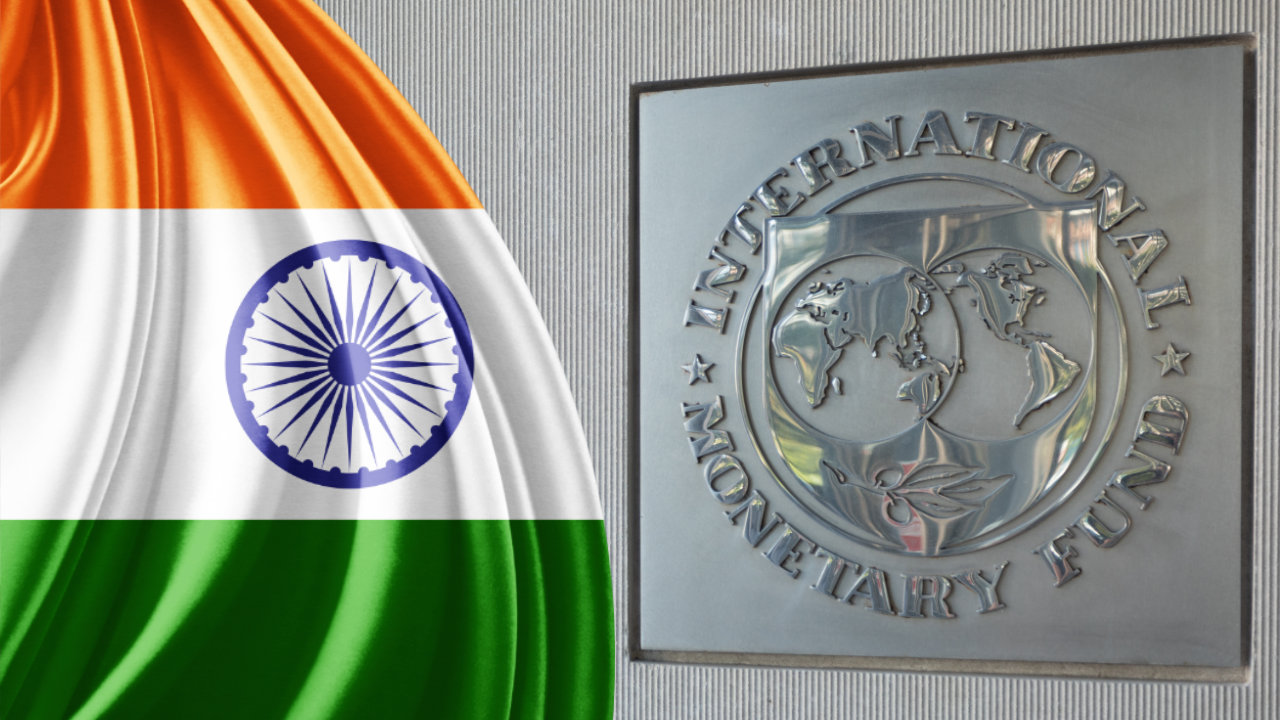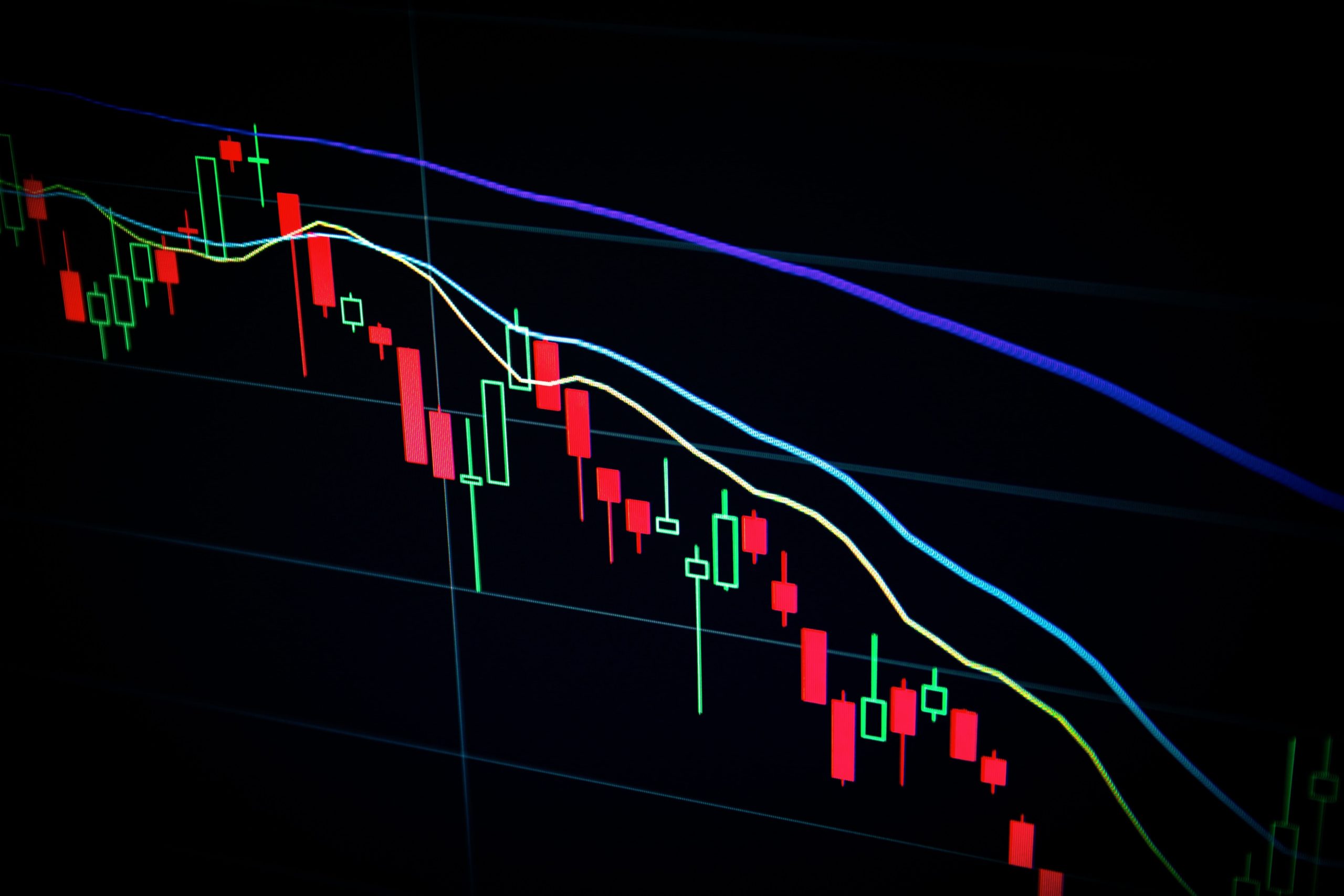[ad_1]

India’s government is consulting with the International Monetary Fund (IMF), the World Bank, and Indian regulators in order to form the country’s crypto policy. “We have reached out to institutional stakeholders within the country and outside. We are taking inputs from the IMF and the World Bank and incorporating these,” said an official from the Indian ministry of finance.
Indian Government in Talks With IMF, World Bank, RBI, SEBI on Crypto Policy
Indian finance ministry officials are discussing a framework for cryptocurrency with various stakeholders including the International Monetary Fund (IMF), the World Bank, the Reserve Bank of India (RBI), and the Securities and Exchange Board of India (SEBI), the Mint publication reported Thursday.
“We have drafted a consultation paper on cryptocurrency,” one of the officials revealed, elaborating:
Now, we have reached out to institutional stakeholders within the country and outside. We are taking inputs from the IMF and the World Bank and incorporating these.
“We will update the consultation paper based on that, and based on the responses by the RBI, SEBI, we will be updating it,” the official added.
The finance ministry’s consultation paper, which is expected to be finalized in the next six months, will cover how to deal with cryptocurrency, related risks, and its treatment as an asset class, the publication conveyed, noting that it will form the basis for India’s crypto policy.
Indian Finance Minister Nirmala Sitharaman has said on several occasions that the government has not decided whether to regulate or ban crypto. However, in the meantime, crypto income will be taxed at 30% and a 1% tax deducted at source (TDS) will be levied on all crypto transactions.
The IMF’s mission chief for India, Nada Choueiri, told the publication that crypto assets posed significant risks, including to financial stability. Without commenting on India’s crypto policy specifically, she opined:
Crypto assets can also be misused for money laundering, terrorist financing, and other illegal activities. Unless effective regulatory measures are implemented, the crypto assets ecosystem could face serious consumer protection challenges such as fraud and cyberattacks.
She added that the IMF is also consulting with other countries to establish an effective policy on crypto assets.
IMF Deputy Managing Director Gita Gopinath recently said that a lot more work is needed on the regulatory front on crypto and digital money. She added, “We’ve certainly seen an increase in the use of cryptocurrencies” before the Russia-Ukraine war, emphasizing that “it happen more in emerging markets than in others.”
Gopinath said in December: “Regulation is absolutely important for this sector. If people are using this as an investment asset, then the rules which are there for other investment classes should apply here as well.”
Furthermore, Bloomberg reported Friday that India will frame legislation for cryptocurrencies only after a global consensus is reached on crypto assets.
What do you think about the Indian government consulting with international organizations on crypto? Let us know in the comments section below.
Image Credits: Shutterstock, Pixabay, Wiki Commons
Disclaimer: This article is for informational purposes only. It is not a direct offer or solicitation of an offer to buy or sell, or a recommendation or endorsement of any products, services, or companies. Bitcoin.com does not provide investment, tax, legal, or accounting advice. Neither the company nor the author is responsible, directly or indirectly, for any damage or loss caused or alleged to be caused by or in connection with the use of or reliance on any content, goods or services mentioned in this article.












Post Comment